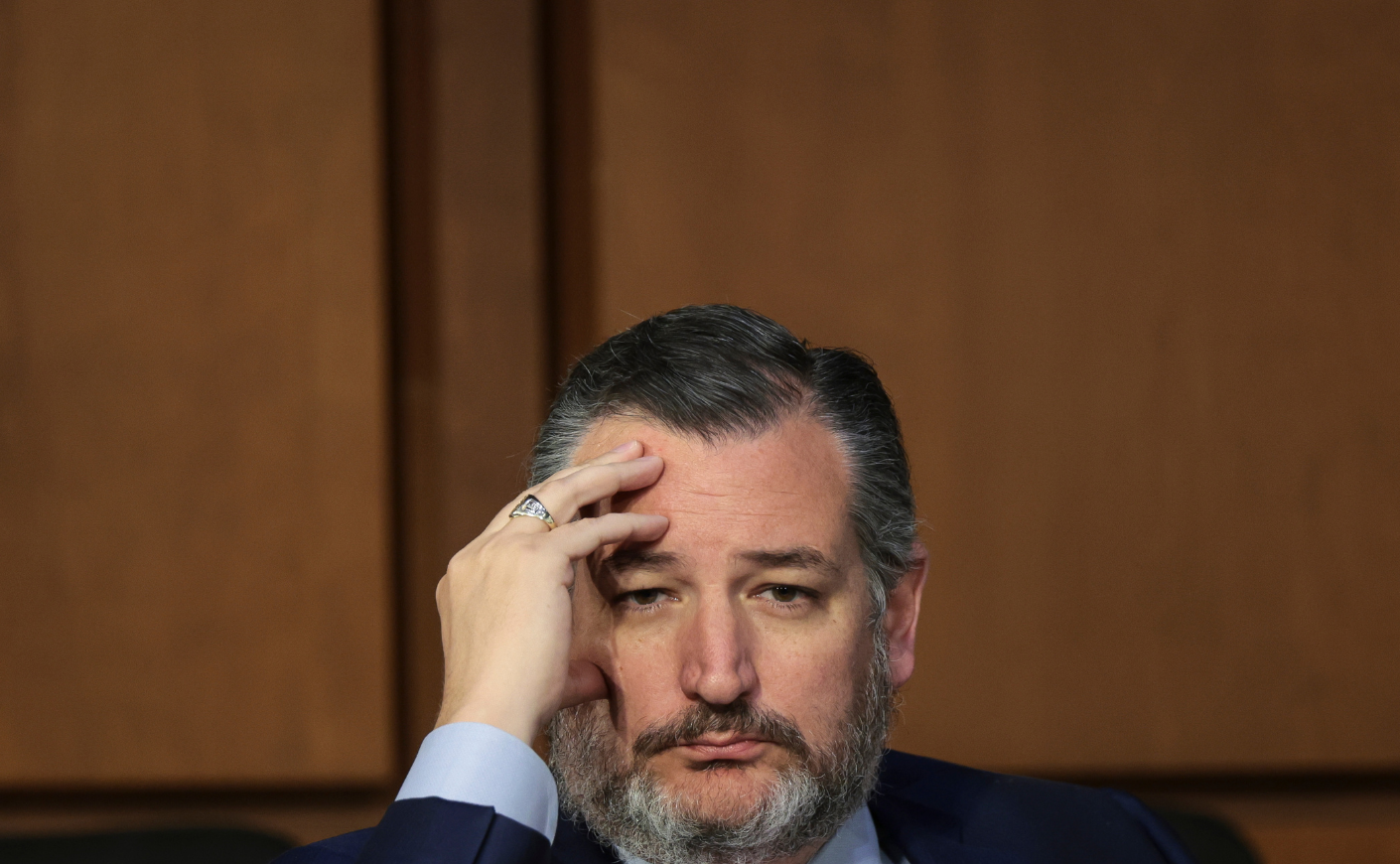There’s a lot going on the world right now that’s worthy of your attention. From the looming reversal of Roe v. Wade expected to take place in June, to the media frenzy over the defamation trial taking place between Amber Heard and Johnny Depp, there’s plenty to keep you busy doomscrolling online — not to mention the baby formula shortage, the ongoing war in Ukraine, and the fact that we’re still dealing with the consequences of a multi-year global pandemic. Unfortunately, the list seems to go on…and on…and on.
For this reason among many, you might not have heard about two massive Supreme Court rulings that were recently announced. One ruling has to do with campaign finances, and the other with the options available to someone who is at risk of deportation — and both have huge implications for how our country runs in the future.
Below, you’ll find brief explainers on each case: what they mean, why they matter, and how they can impact a person’s daily life in the years to come.
Cruz vs. FEC Strikes Down an Anti-Bribery Law That Limited How Much Money Candidates Can Raise to Pay Back Loans
The Supreme Court recently set down a ruling on a case called FEC v. Ted Cruz for Senate — and yes, this case was brought to the Supreme Court by Sen. Ted Cruz. In the ruling, the court struck down a 2001 anti-bribery law which prevented candidates from raising more than $250,000 after an election to repay any loans they made to their own campaign. Now, there is no limit to how much money they can raise.
This might sound complicated, so let’s give an example. Plenty of political candidates make personal donations to their own campaigns when they’re starting out. So if a candidate “loaned” $250,000 of their own money to their political campaign, then — until this new ruling — they had the right to fundraise that $250,000 back, to essentially pay back their own contribution to the campaign. Now, there is no limit to this payback plan.
Another important aspect to the law is that when politicians “loan” themselves money, they get to set an interest rate to the loan. This means that a candidate can now loan themselves $100,000, then raise $400,000 a few years later, claiming that the remaining $300,000 they personally receive is the result of interest accrued on that original loan. As for who provides that $400,000 donation back to the politician? It can be anyone — and it’s highly possible that the person who is able and willing to donate that much to a single politician is interested in seeing a return on that payment via the political decisions that candidate makes.
For Vox, Ian Millhiser put this Supreme Court ruling into terrifying context. “In other words,” he writes, “the Ted Cruz opinion suggests that it is good for democracy if a Texas oil executive can write checks to candidates who will look out for the oil industry’s interests. And, if that candidate rewards this executive by meeting with him to hear his particular concerns, that’s a ‘central feature of democracy’ as well.”
Patel v. Garland Ruling Will Limit the Ability of Non-Citizens to File Appeals Over Deportation
This ruling made it much more difficult for non-citizens who are in removal proceedings (in other words, at risk of being deported) to get their case reviewed by a federal court, even when they’re challenging the basic facts of the case.
Notable conservative Justice Neil Gorsuch joined the three liberal justices in opposition to this ruling. He explained why he was against this ruling in a written dissent. “Today, the Court holds that a federal bureaucracy can make an obvious factual error, one that will result in an individual’s removal from this county, and nothing can be done about it,” he wrote, via CNN.
Gorsuch went on to note that thousands of people every year file for green cards, including students, skilled workers sponsored by employers, and more, and to restrict their ability to get a review will have “dire consequences for countless lawful immigrants.”
In his dissent, Gorsuch also noted that bureaucratic mistakes happen frequently — and now, with this ruling, undocumented people will pay the price. Gorsuch wrote, “It is no secret that when processing applications, licenses and permits the government sometimes makes mistakes. In circumstances like that, our law has long permitted individuals to petition a court to consider the question and correct any mistake.”
Now, people won’t have the ability to petition the court to correct those mistakes.









